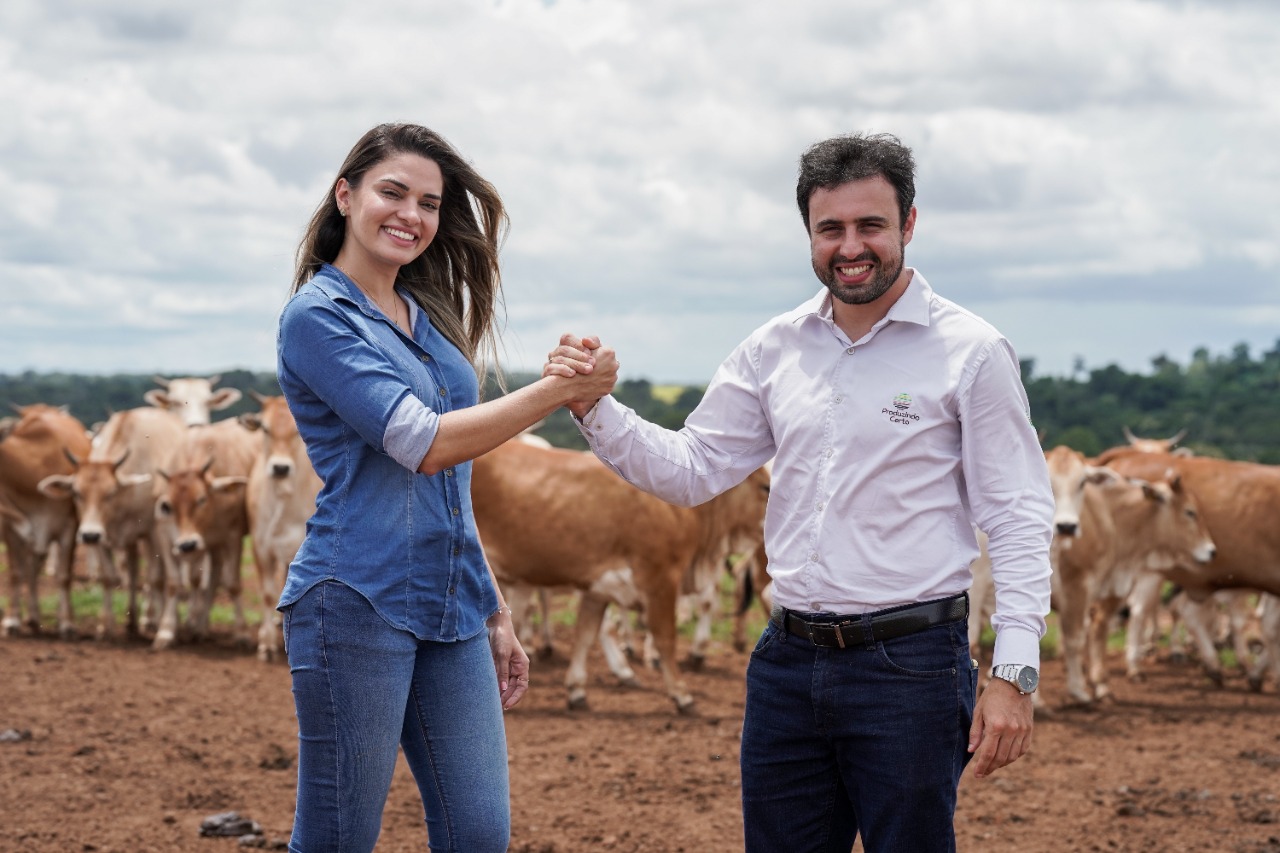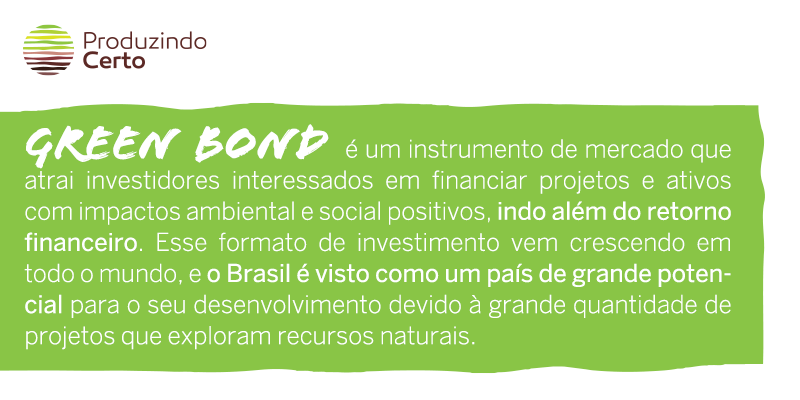
Through quick assessments of the farms that supply oranges to Citrosuco, Produzindo Certo now also operates in the citrus chain
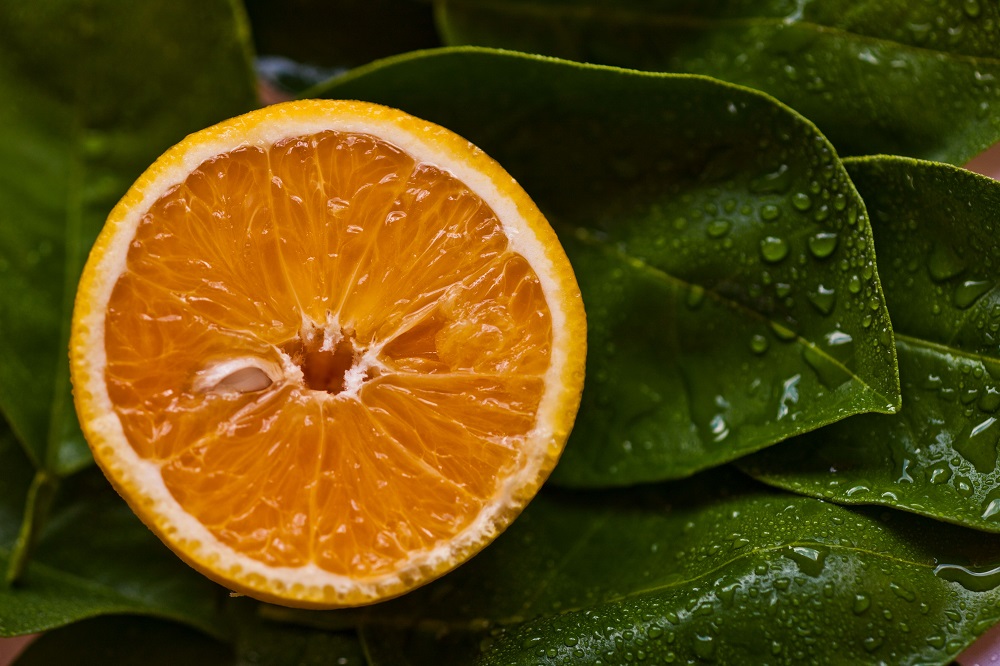
Citrosuco, the world’s largest producer of processed orange juice, remains committed to having a positive impact on the lives of workers and communities that are part of its production chain. Produzindo Certo will assist in this process and will be responsible for creating a social and environmental profile of the 500 producers of its main input: oranges. The assessment of farmers is part of the first stage of the Trilhar Program, developed by Citrosuco to train its suppliers with a focus on better and more sustainable production. The official launch of the project will take place on Thursday, September 3, with a webinar to present the Trilhar Program to citrus growers.
The partnership with Citrosuco marks the entrance of Produzindo Certo in a new productive chain of agribusiness: citrus fruits. Brazil is the main exporter of orange juice in the world. In the 2019/2020 harvest, more than 1 million tons were sold to other countries, according to data from the Secretariat of Foreign Trade (SECEX). These sales generated revenues of US$ 1.751 billion, 3% more than in the previous harvest. Citrosuco is the main exporting company.
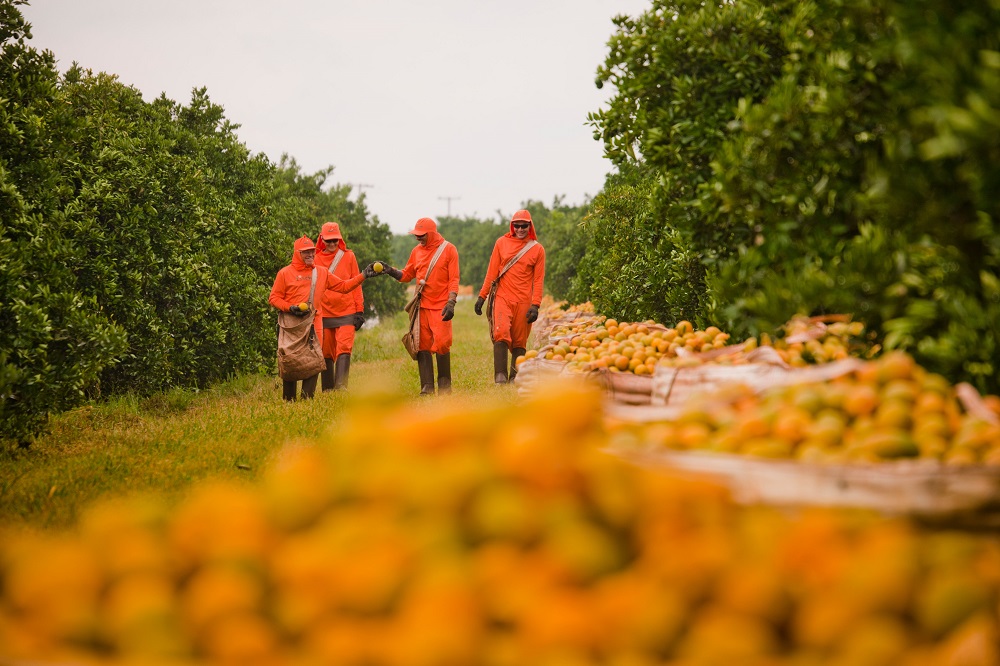
Citrus growers responsible for the production of the oranges used by the company will be assessed through a questionnaire in the form of a checklist. The checklist to be applied to orange growers was jointly developed with the Citrosuco team to address the citrus industry scenario and the main social and environmental risks of this chain.
In addition to environmental and productive aspects such as crop management, fertilization techniques, and application of agrochemicals, the analysis provides a valuable view of the social context. The sector employs many temporary workers in the orange harvest and, therefore, requires special attention to labor relations.
The results will be inserted into Produzindo Certo’s digital platform, an efficient and agile tool that can generate automatic reports for a property or group of suppliers and will provide greater transparency for Citrosuco in managing its chain. It will also allow rural producers to have a more detailed view of their orchards and areas in need of improvement. Farmers will receive their social and environmental results free of charge, which will serve as a guide to direct investments in their performance growth. Responsible production, best practices, and respect for the environment and the community where the farm is located can also open up new opportunities for these suppliers.
DIGITAL METHODOLOGY
With the Covid-19 pandemic, the project needed to be adapted for social distancing measures, ensuring that producers could join the initiative while protecting the health of everyone involved. That was when technology became even more important. Meetings to present the checklist and provide guidance on how to complete it moved online, via webinars. There will be 10 virtual meetings between Citrosuco’s technical team and Produzindo Certo’s specialists with rural producers. Those involved were divided into groups to ensure active participation and the time needed to address all the farmers’ questions.
The first webinar took place on Thursday, September 3rd. Previous tests were conducted to ensure the tool’s functionality.
The Trilhar Program website has also been updated with technical content and a contact channel via WhatsApp to answer questions. A series of videos guides producers in adopting measures for social and environmental improvement. The content was prepared by Produzindo Certo’s specialists and includes aspects of labor legislation, fuel and agrochemical storage, waste management, and more, translated into educational language suitable for everyday life on farms. The guidance serves as support for advances in responsible production. “All the technical material was developed for producers to have the necessary guidance. The videos help to illustrate, and the service via WhatsApp facilitates communication,” explains Maria Zelma Gomes, sustainability specialist at Produzindo Certo.
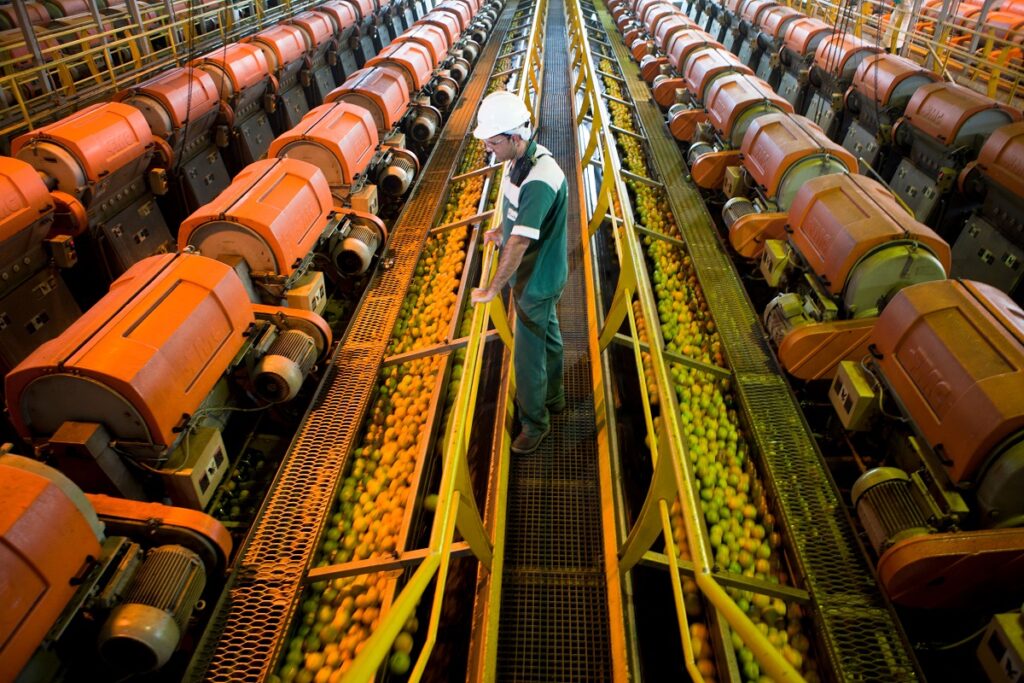
THE STRENGTH OF THE CITRUS INDUSTRY
Oranges are the most-produced fruit in Brazil, and orange juice is the largest juice industry in the world. Almost 80% of domestic orange production—10.77 million tons per year—is concentrated in the State of São Paulo. This explains the importance of the citrus industry to the economy and the generation of jobs and income in many communities. Citrosuco, in addition to being the main producer of processed orange juice, has a historic commitment to nutritious foods and natural ingredients. From seed to bagasse, all parts of the orange are used. They replace synthetic ingredients with natural and renewable alternatives in food, hygiene, cosmetics, tires, paints, solvents, and other products.
